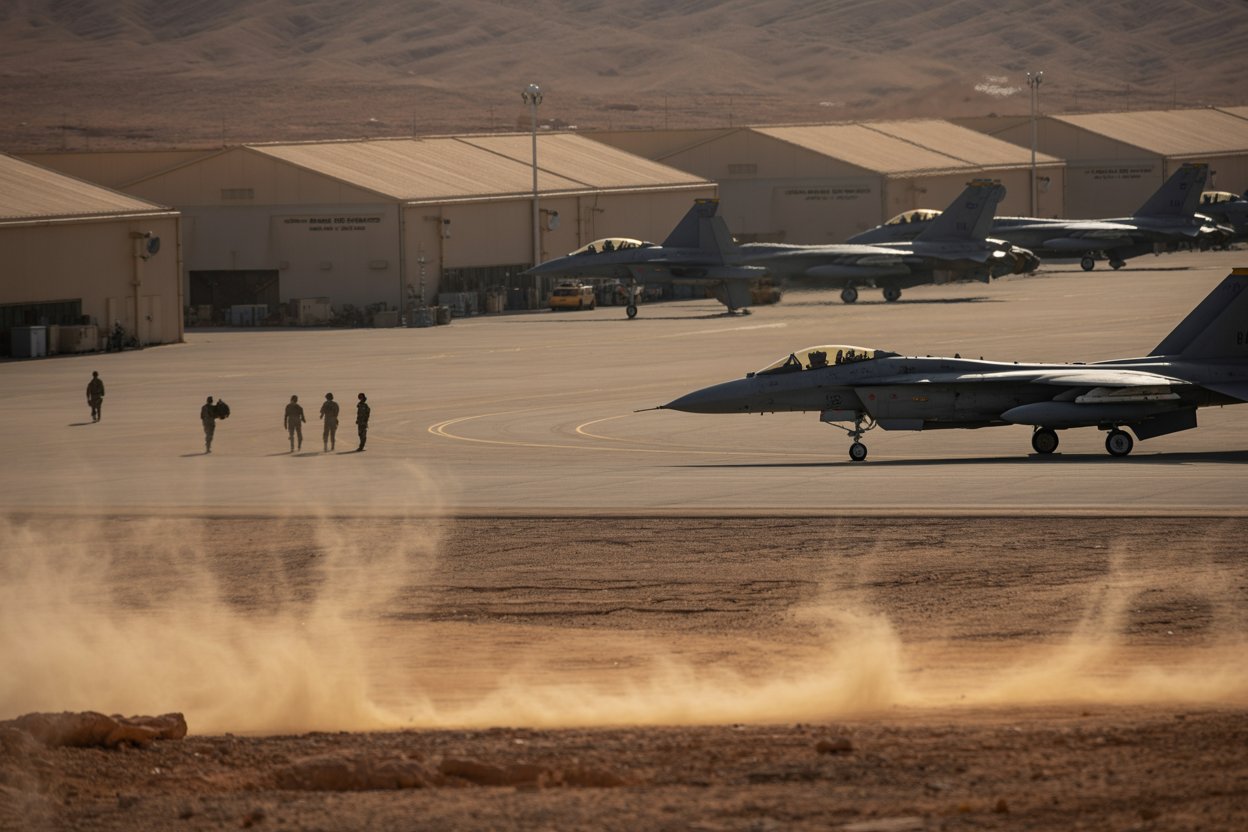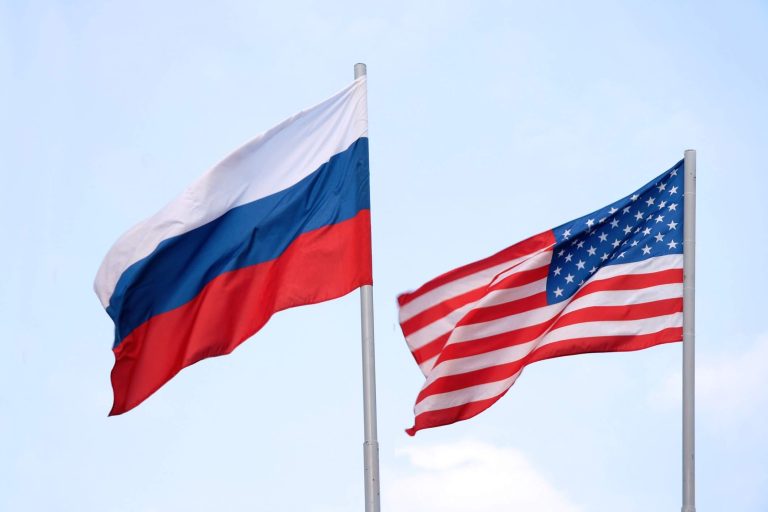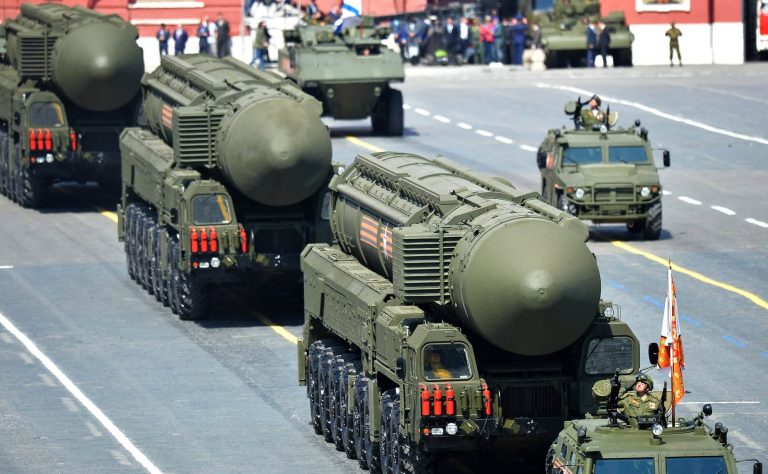The United States operates one of the largest networks of military bases in the world. From the Middle East to Asia, Europe to Africa, American troops are stationed in over 70 countries. While these bases are often described as essential for peace and global security, others view them as symbols of foreign control or unnecessary risks.
So, do U.S. military bases help stabilize regions? Or do they bring more problems than solutions?
🔹 A Global Presence Like No Other
The U.S. military has around 750 bases overseas, according to data from organizations like the Quincy Institute and Pentagon reports. These are not just small outposts—they range from airstrips and radar stations to massive complexes with tens of thousands of personnel, like in Germany, Japan, and South Korea.
This level of presence is unmatched by any other country. Most other world powers have military forces largely limited to their own borders.
But why does the U.S. maintain so many foreign bases?
🔹 The Strategic Reasons Behind U.S. Bases
There are several reasons the United States supports this vast network:
- Deterrence: A U.S. base in a region signals strength and discourages potential enemies from taking aggressive actions. It acts as a shield—if a country knows U.S. troops are nearby, they might think twice before starting a conflict.
- Quick Response: Bases allow American forces to react quickly to natural disasters, terrorism, or wars. When a crisis happens, help can be there in hours—not days.
- Alliances and Training: These bases support joint exercises and build trust between the U.S. and its allies. American troops often train local forces, improve defense coordination, and share intelligence.
- Protection of Trade Routes: Bases near oceans and straits help keep global trade routes open and safe. This matters for many economies—not just America’s.
🔹 The Benefits for Host Nations
Some countries gain clear benefits by hosting U.S. bases:
- Security Guarantees: Smaller or threatened nations feel safer with a U.S. presence on their soil. It can help prevent invasions or local conflicts.
- Economic Support: Bases create jobs and boost local economies. U.S. military spending helps businesses, construction, and services in host areas.
- Modernization: Some nations receive advanced military equipment, training, and technology, improving their own defense capabilities.
🔹 The Critics’ View: Sovereignty, Risk, and Tension
While many support U.S. bases, others are strongly against them. Critics raise a number of concerns:
- Loss of Sovereignty: Some believe foreign bases interfere with national independence. Decisions made in Washington can affect the politics, policies, and even security of the host nation.
- Becoming a Target: One of the biggest fears is that hosting a U.S. base makes a country a target during wars or crises. If tensions rise with a major power, those bases could be hit first.
- Local Opposition: In some areas, people protest against U.S. troops due to environmental damage, crime, or past incidents. Local communities may feel ignored or disrespected.
- Geopolitical Tensions: Hosting a U.S. base can anger neighboring countries—especially rivals like China or Russia. This can create long-term instability rather than peace.
🔹 A Look at History: Lessons from the Past
Throughout history, U.S. bases have played major roles—for better or worse.
- During the Cold War, American bases in Europe and Asia helped prevent Soviet expansion. Many historians agree that this presence contributed to keeping the peace between major powers.
- In South Korea, the U.S. military has helped deter aggression from the North since the Korean War in the 1950s. Many South Koreans still support this partnership today.
- However, in places like the Middle East, U.S. military actions tied to these bases have sometimes led to backlash and even violence. The presence of troops has been used as a reason by terrorist groups to justify attacks.
- In the early 2000s, several governments debated whether to keep U.S. bases after tensions rose over the Iraq War and drone strikes. Some reduced cooperation, while others reaffirmed support.
This complex history shows there is no single answer—it depends on context, leadership, and timing.
🔹 So… Do U.S. Bases Stabilize or Complicate Things?
There’s no clear yes or no.
In some parts of the world, U.S. bases bring deterrence, peace, and prosperity. They prevent wars, build alliances, and help keep trade and aid flowing. For countries facing threats, the presence of U.S. forces can be a powerful reassurance.
In other cases, these bases may create political pressure, security risks, or cultural tensions. They may provoke adversaries, stir local resistance, or even harm the image of the host government.
Whether a U.S. base is helpful or harmful depends on the unique needs of each country.
Some nations benefit greatly from the security and support U.S. bases provide—especially those in unstable regions or under threat. For them, the risk is worth the reward.
Others may find that maintaining full independence, reducing foreign military influence, or avoiding potential conflict outweighs the advantages.
In the end, the decision to host or reject U.S. military bases should be based on national interest, public will, and long-term strategy—not pressure from either side.
References:







